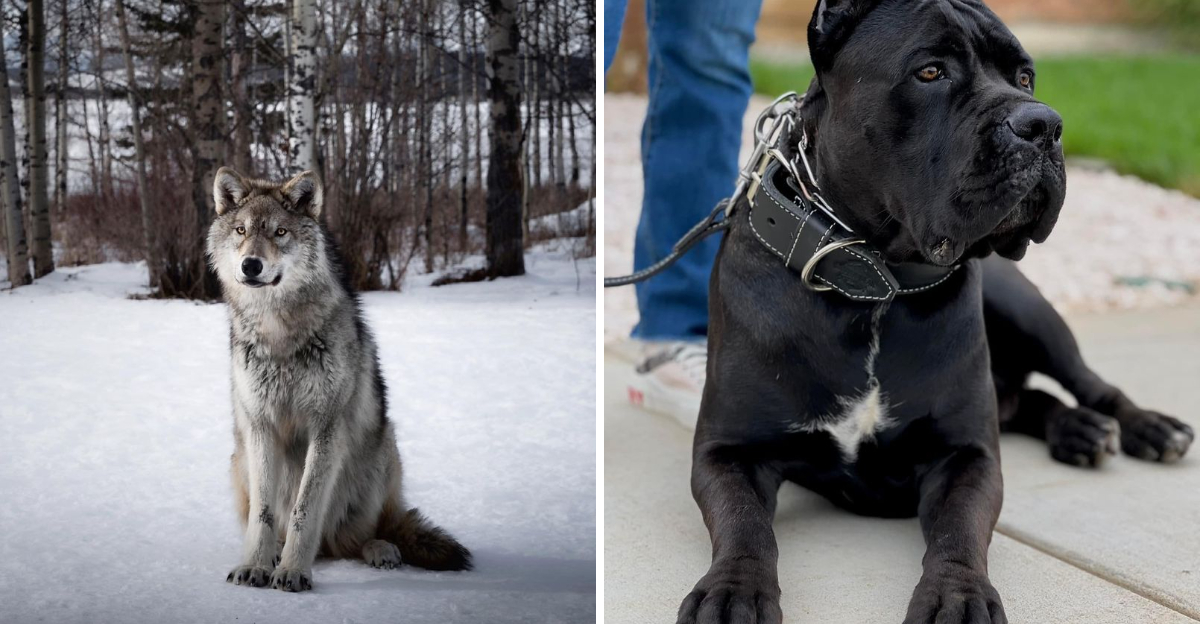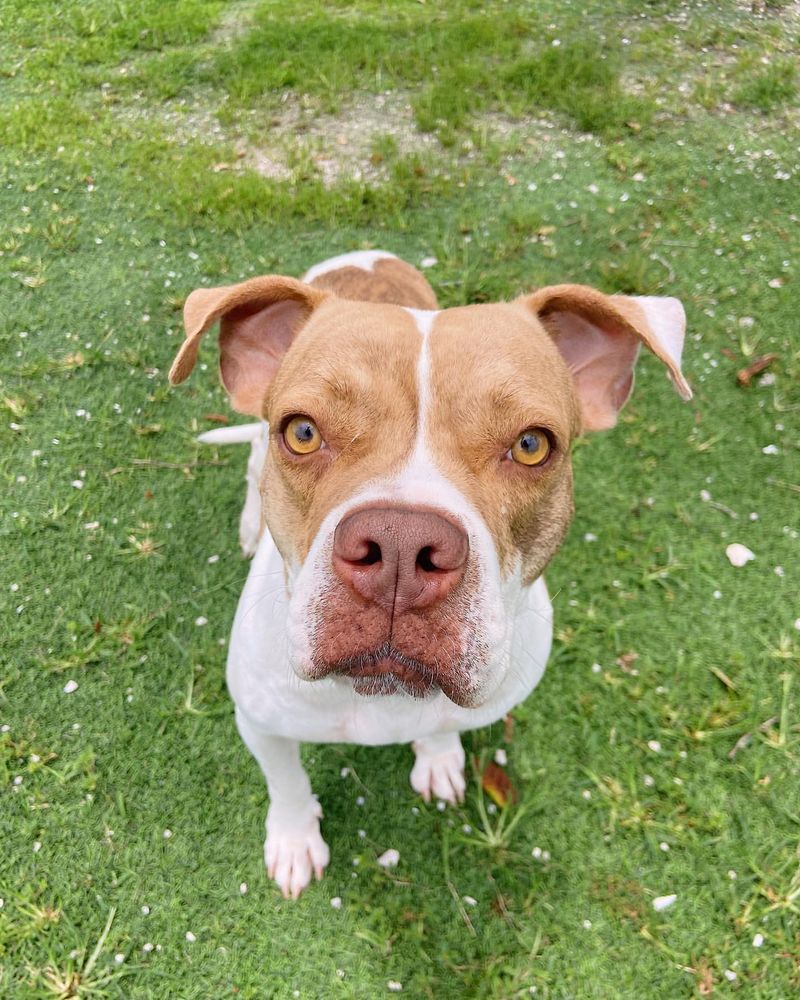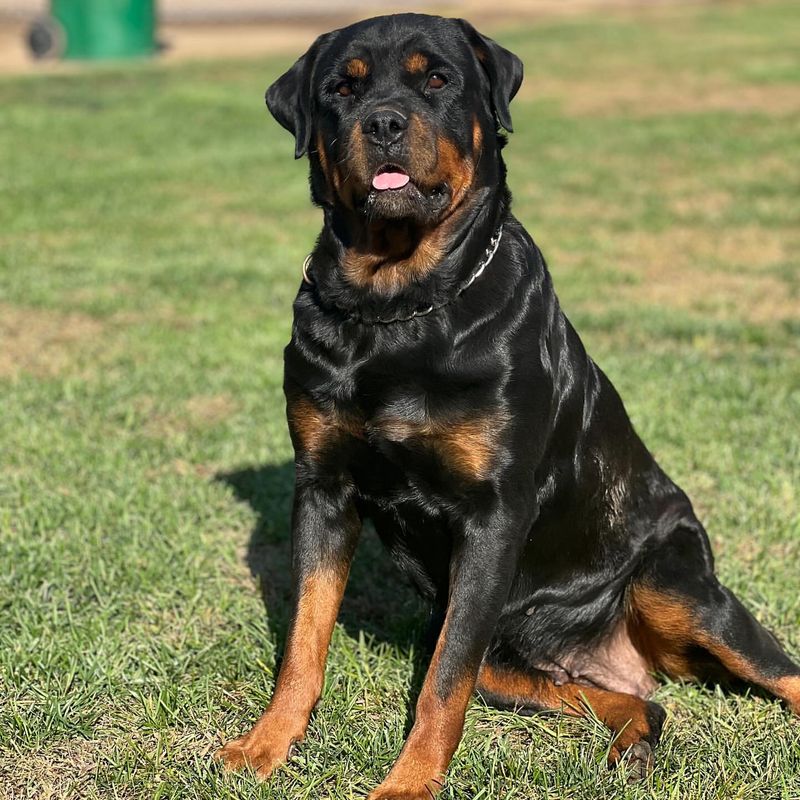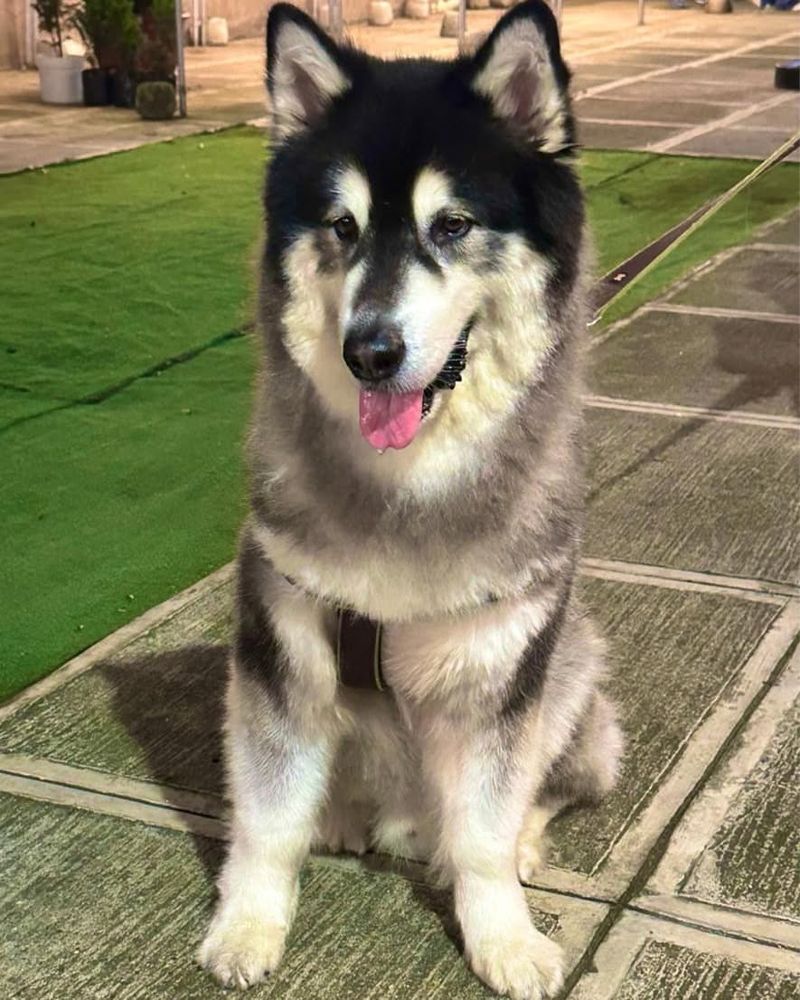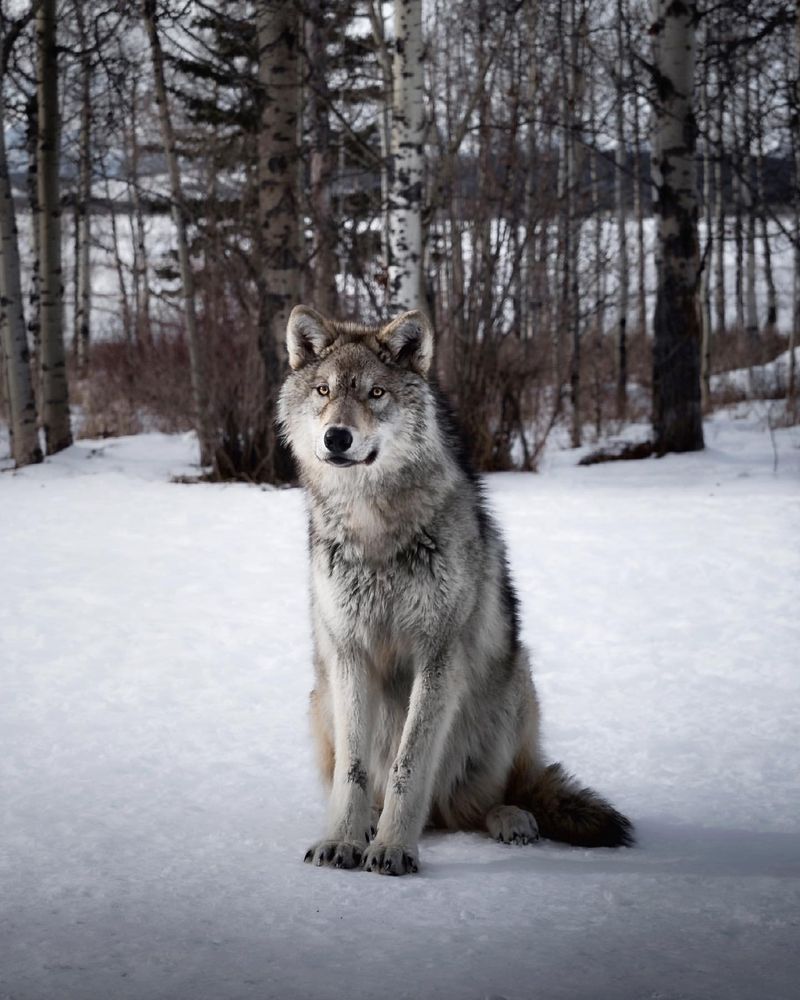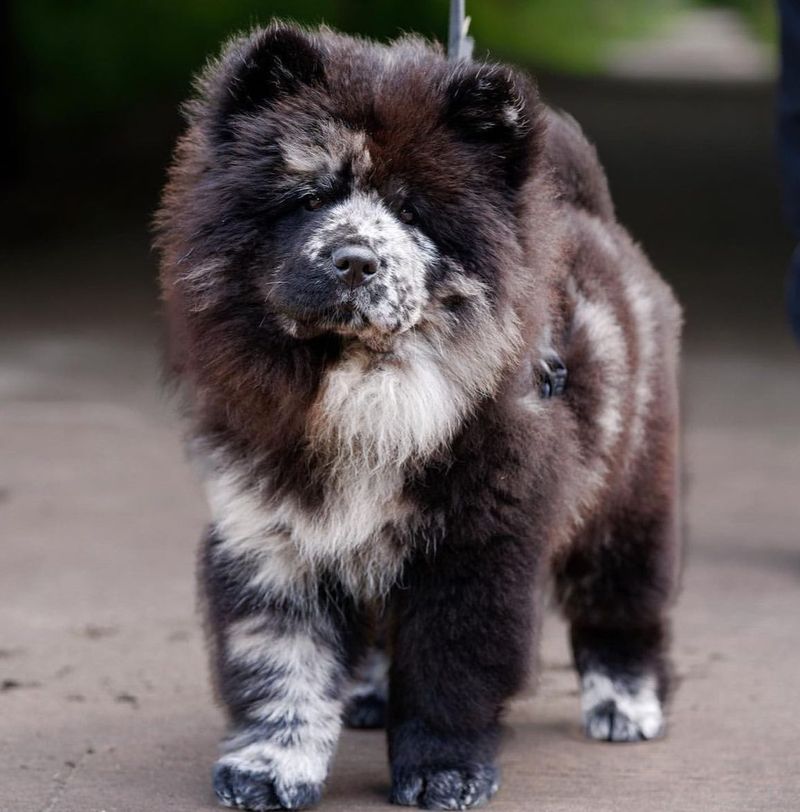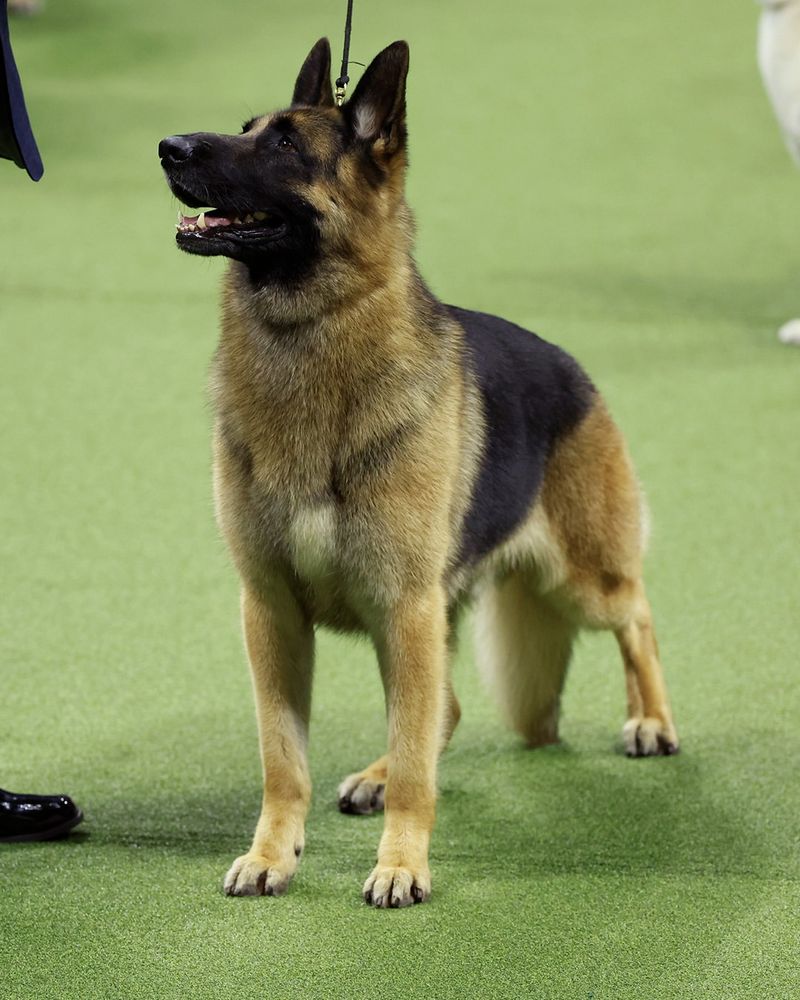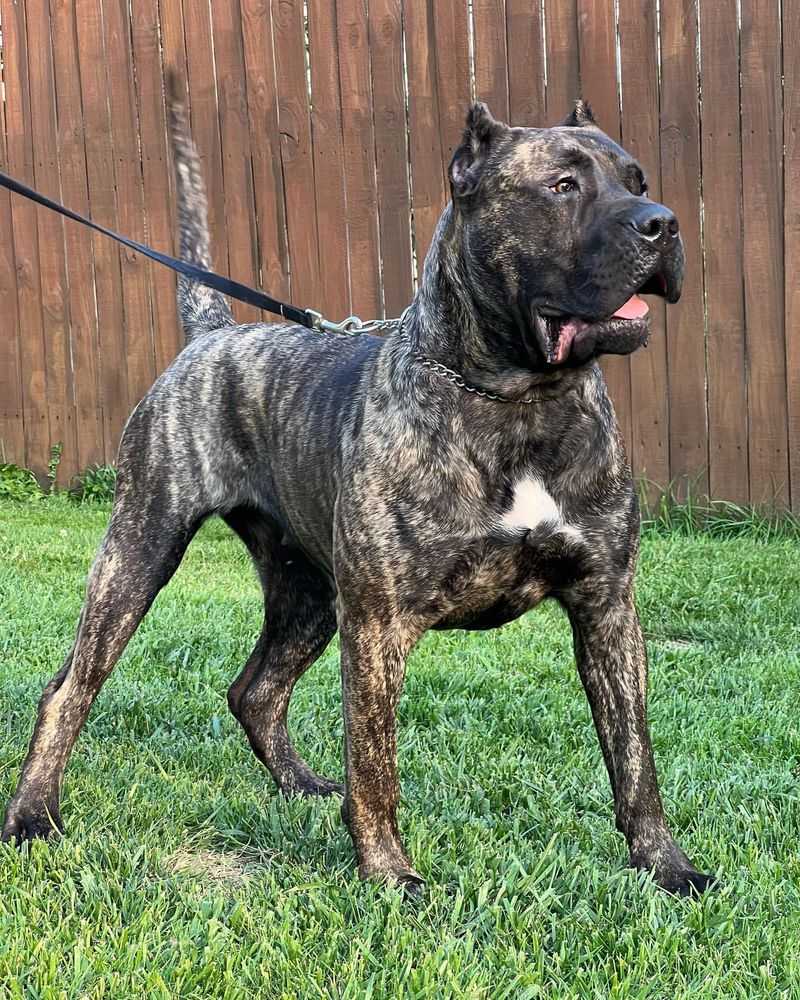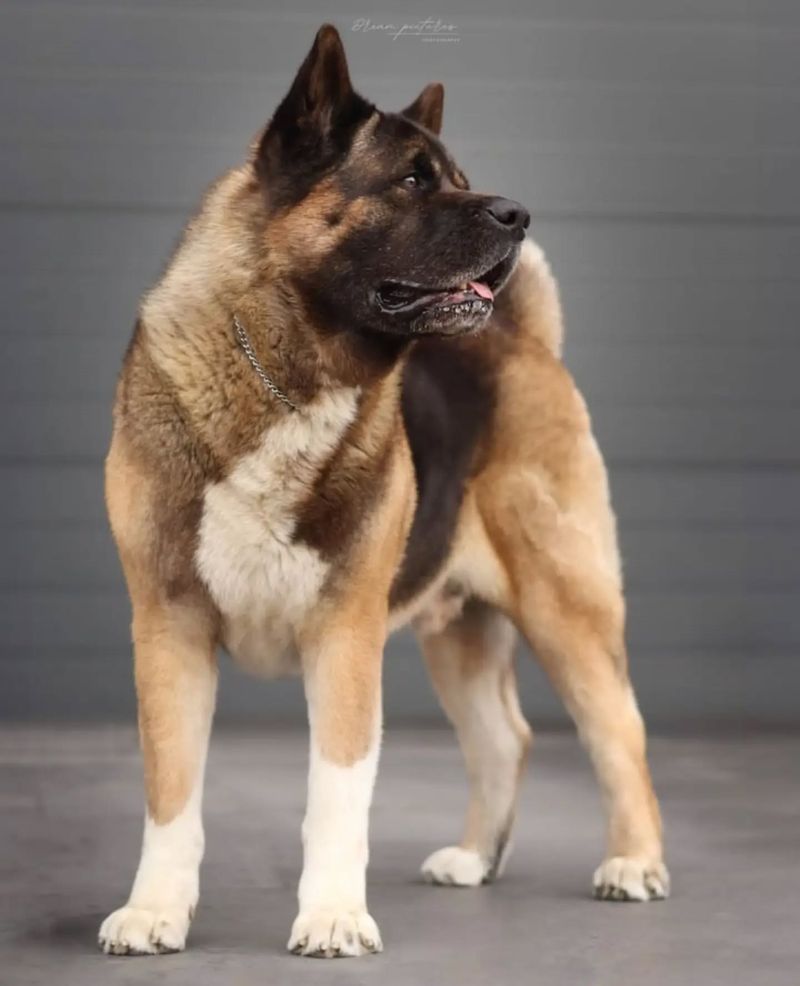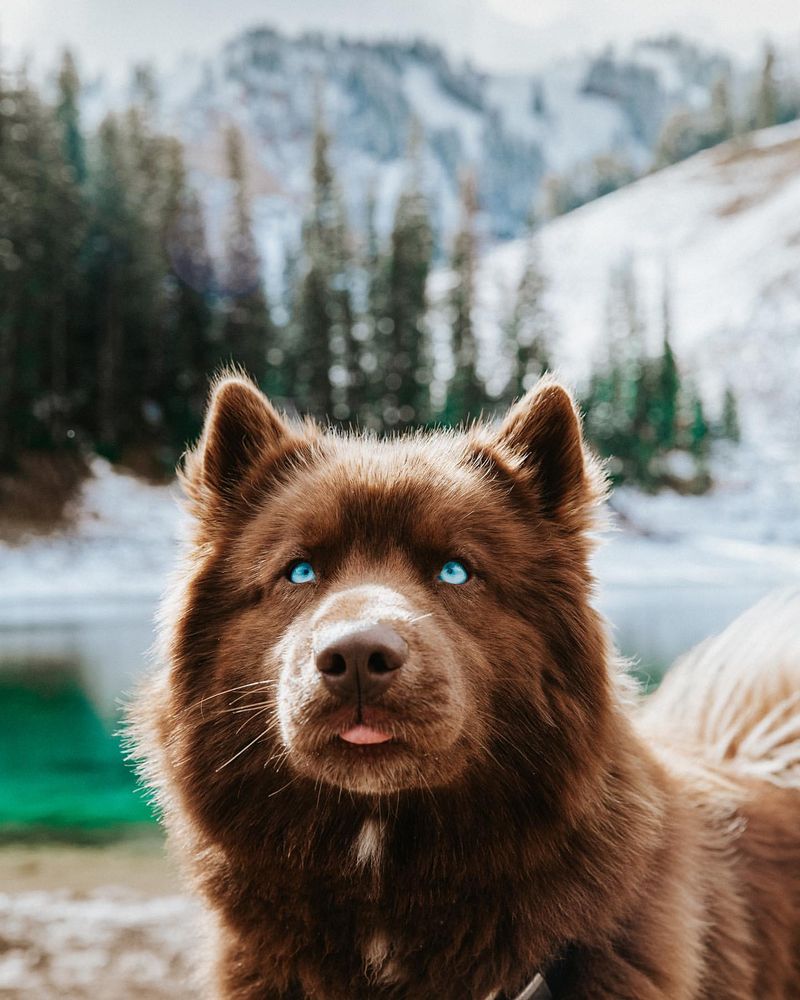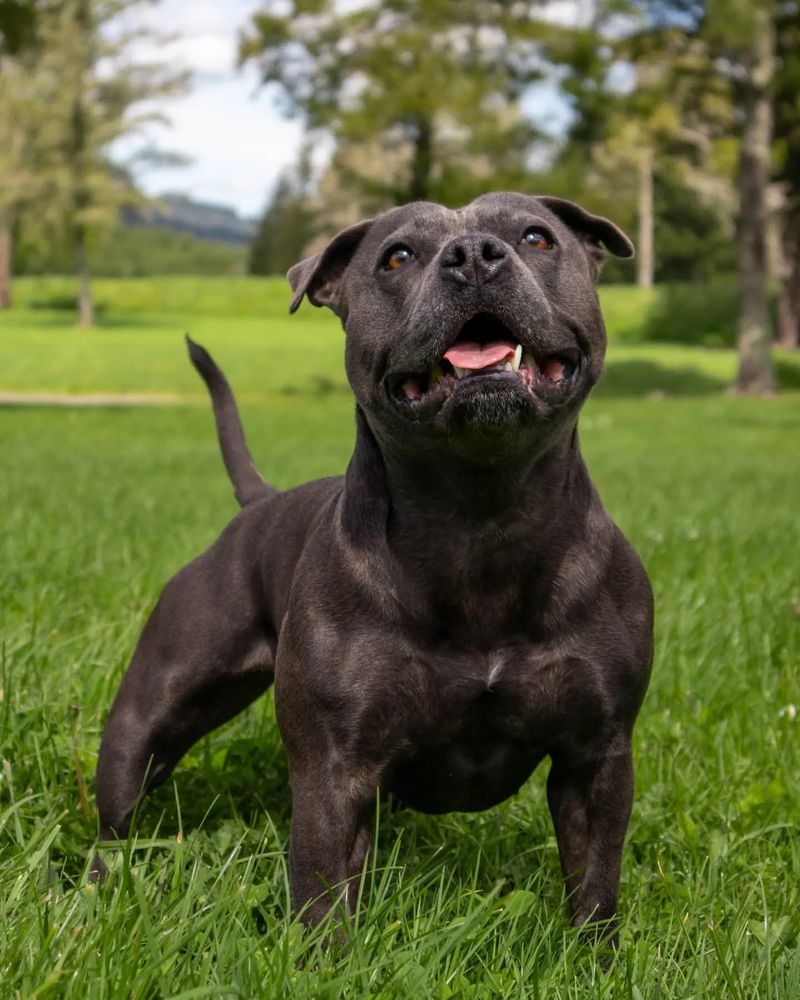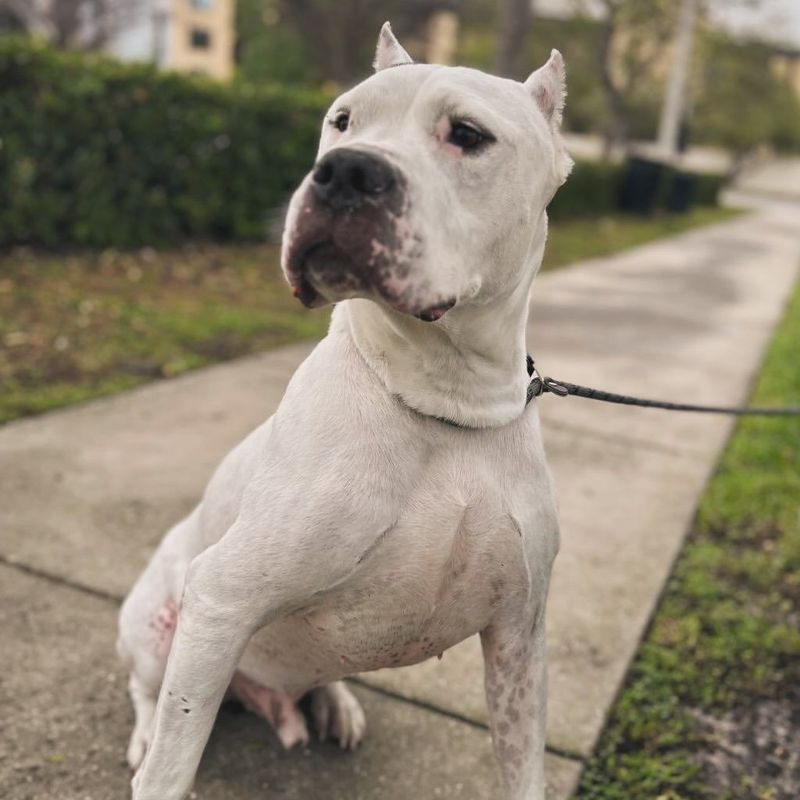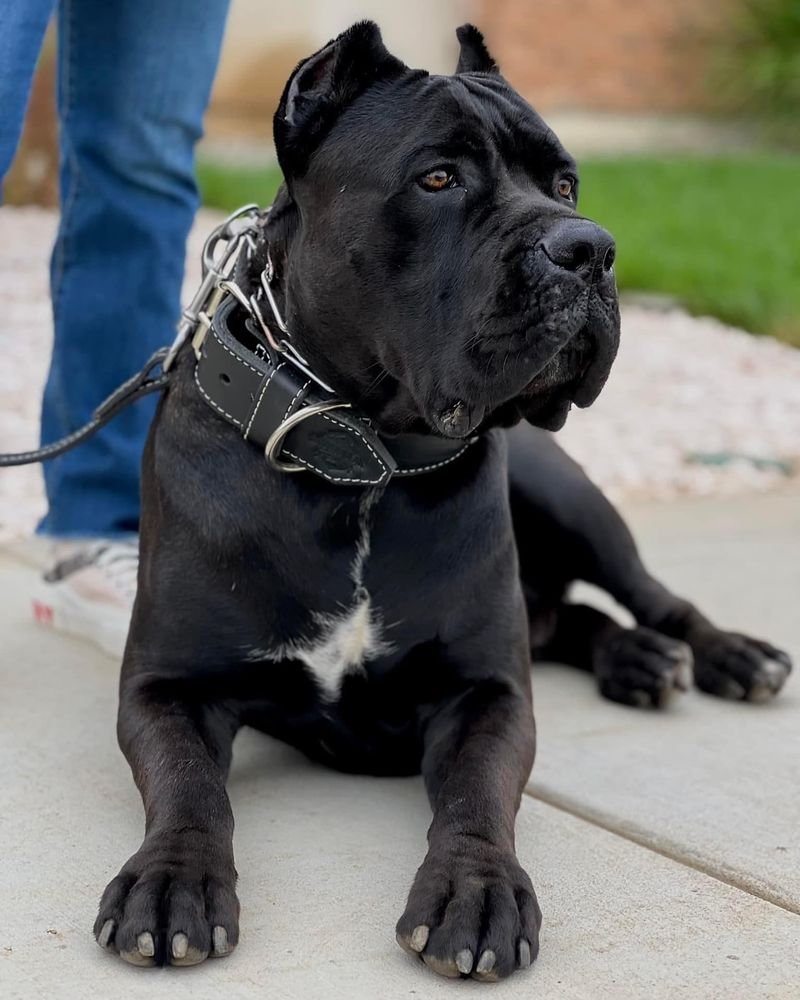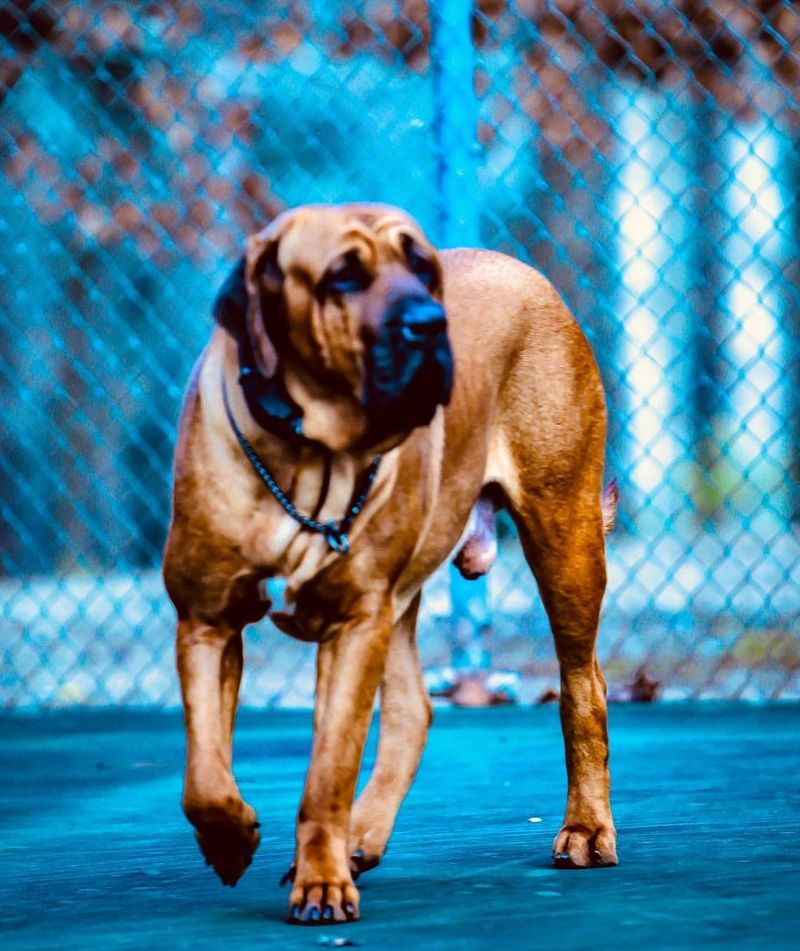Dog breeds facing bans have become a topic of heated debate across the USA. With increasing incidents and insurance complications, certain breeds are being scrutinized, leading to bans in various regions. This article delves into 15 breeds that are currently facing restrictions, shedding light on the reasons behind these measures and their implications for pet owners.
Pit Bull Terrier
The Pit Bull Terrier is often at the center of breed controversies. Known for its strength and loyalty, this breed has unfortunately gained a reputation for aggressiveness. Many regions have implemented bans due to safety concerns.
Despite their reputation, many owners advocate for their loyal nature, arguing that environment and treatment shape behavior. For potential owners, it’s crucial to research local laws and ensure proper training.
This breed’s ambiguity in definition complicates legislation, often affecting similar-looking dogs. Understanding these nuances helps in addressing the root of such breed-specific bans.
Rottweiler
Rottweilers are renowned for their protective instincts. Originating as working dogs, they have been involved in incidents leading to regional bans.
Their powerful build requires knowledgeable handling and training to ensure they are well-adjusted pets. Public perception often influences legal decisions regarding this breed.
Awareness and education about responsible ownership and the individual dog’s temperament are key in mitigating bans. Potential owners should familiarize themselves with local regulations and commit to comprehensive training.
Doberman Pinscher
Doberman Pinschers are known for their intelligence and loyalty. However, their assertiveness has led to bans in some areas.
These dogs excel as protectors and companions when properly socialized and trained. Misperceptions about their nature often influence legal restrictions.
Prospective owners should explore local laws and focus on positive reinforcement training. Education can play a crucial role in changing the narrative surrounding this breed.
Alaskan Malamute
Alaskan Malamutes are majestic sled dogs known for their endurance. However, their strong prey drive and independent nature have led to concerns.
While typically friendly and playful, they require rigorous training and socialization. Some regions have imposed bans due to these traits.
Potential owners need to consider their lifestyle and commitment to training. Understanding the breed’s needs can help mitigate the reasons behind such restrictions.
Wolf Hybrid
Wolf Hybrids, as their name suggests, are part wolf and part domestic dog. Their unpredictable nature and wild instincts have resulted in bans.
Each hybrid varies in personality, making them unpredictable for families. Many regions enforce bans due to safety concerns.
These hybrids require specialized handling and understanding of their unique traits. Education on the responsibilities and challenges of owning a Wolf Hybrid is essential.
Chow Chow
Chow Chows are known for their distinct appearance and aloof demeanor. Their strong will and protective instincts have led to bans.
These independent dogs require consistent training and socialization to thrive as family pets. Misunderstandings about their nature influence legal decisions.
Prospective owners should focus on positive training methods and familiarize themselves with local regulations. Education helps in reshaping perceptions and addressing causes for bans.
German Shepherd
German Shepherds are versatile and intelligent, often serving in police and military roles. However, their protective nature has led to regional bans.
These loyal dogs require proper training and socialization to prevent aggressive tendencies. Public perception often impacts legislation.
Understanding the breed’s needs and responsible ownership is crucial. Educating communities can help alter restrictive measures and highlight their positive attributes.
Presa Canario
Presa Canarios are strong, confident dogs known for their guarding abilities. Unfortunately, their strength has made them targets for breed bans.
Ensuring these dogs are well-trained and socialized is key to responsible ownership. Their intimidating presence often influences legal restrictions.
Prospective owners should be aware of local laws and commit to thorough training. Understanding their needs can help address reasons behind such bans.
Akita
Akitas are known for their courage and loyalty. However, their independent nature and strength have led to bans in some areas.
Proper socialization and training are crucial for this breed to thrive as a family pet. Misunderstandings about their behavior often influence restrictions.
Education on responsible ownership and understanding the breed’s personality can help reshape public perception and alter legal measures.
Bullmastiff
Bullmastiffs are powerful, protective dogs known for their loyalty. However, their size and strength have led to bans.
Understanding their nature and providing proper training can mitigate concerns. Public perception often impacts legal decisions regarding this breed.
Potential owners must be aware of local regulations and commit to responsible ownership. Education is key to reshaping perceptions and addressing the root causes of restrictions.
Husky
Huskies are energetic and playful, known for their striking appearance. However, their strong prey drive has led to bans in certain areas.
These dogs require rigorous training and exercise to channel their energy positively. Misunderstandings about their nature often influence legal decisions.
Understanding the breed’s needs and responsible ownership is essential. Educating communities can help in altering restrictive measures.
Staffordshire Bull Terrier
Staffordshire Bull Terriers are known for their affectionate nature. However, their muscular build has led to breed-specific bans.
These dogs thrive with positive training and socialization. Public perception often influences legislation.
Prospective owners should familiarize themselves with local laws and focus on responsible ownership. Education helps in reshaping perceptions and addressing causes for bans.
Dogo Argentino
Dogo Argentinos are strong, athletic dogs known for their hunting prowess. Unfortunately, their strength has led to breed bans.
Proper training and socialization are crucial for this breed. Misunderstandings about their nature often influence legal measures.
Prospective owners should be aware of local laws and commit to responsible ownership. Education on the breed’s needs can help address the reasons behind such restrictions.
Cane Corso
Cane Corsos are known for their guarding abilities and intelligence. However, their imposing presence has led to breed-specific bans.
Ensuring these dogs are well-trained and socialized is key to responsible ownership. Public perception often impacts legislation.
Understanding the breed’s needs and committing to thorough training can help mitigate reasons for bans. Education is essential in reshaping perceptions.
Fila Brasileiro
Fila Brasileiros are loyal, protective dogs known for their strong bond with family. However, their natural guarding instincts have led to bans.
Proper training and a secure environment are vital for this breed. Misunderstandings about their temperament often influence legal measures.
Prospective owners should familiarize themselves with local laws and focus on responsible ownership. Education is crucial in addressing the root causes of restrictions.
